The Begonia Mix Sejnal is a striking green plant that belongs to the extensive Begonia family, known for its stunning foliage and wide range of vibrant colors. While begonias are typically admired for their beautiful flowers, the Begonia Mix Sejnal stands out due to its unique combination of lush green leaves and eye-catching patterns, making it a favorite for both indoor and outdoor gardens. This plant not only brings visual interest but is also relatively easy to care for, making it a great choice for plant enthusiasts of all skill levels.
Appearance
The Begonia Mix Sejnal is a foliage plant with large, asymmetrical leaves that feature intricate patterns and textures. The leaves are typically a deep green, sometimes with lighter green or silvery accents, creating a striking contrast that draws the eye. The texture of the leaves is slightly velvety to the touch, giving the plant a luxurious feel. The edges of the leaves can be slightly ruffled or serrated, adding to its dramatic appearance.
The plant grows in a bushy, compact form, with stems that can either stay upright or spread slightly, depending on the growing conditions. This makes it ideal for a variety of settings, from containers and hanging baskets to garden beds where it can be used as a filler or feature plant. Some varieties of begonias are known to produce delicate flowers in shades of pink, white, or red, but the Mix Sejnal is primarily cultivated for its vibrant foliage.
Care and Maintenance
Begonia Mix Sejnal is relatively low-maintenance, but it thrives best when provided with the right conditions. It prefers bright, indirect light, making it perfect for indoor spaces like living rooms, bedrooms, or offices. While it can tolerate lower light levels, its colors will be more vibrant when placed in a well-lit area. Direct sunlight, however, should be avoided, as it can scorch the delicate leaves.
Watering is one of the most important aspects of caring for this plant. It prefers consistently moist soil, but not soggy, as too much water can lead to root rot. Allow the top inch of soil to dry out before watering again, ensuring that the plant has good drainage. It’s also important to avoid getting water on the leaves, as this can cause spotting or promote fungal growth.
Begonias thrive in slightly higher humidity levels, so placing a humidifier nearby or setting the plant on a pebble tray with water can help keep it happy, especially in drier indoor environments. During the growing season (spring and summer), feeding the plant once a month with a balanced, water-soluble fertilizer will promote healthy growth and enhance its vibrant foliage.
Propagation
The Begonia Mix Sejnal can be easily propagated through stem or leaf cuttings. Simply take a healthy cutting with a few leaves attached, place it in water or moist soil, and it will begin to develop roots within a few weeks. This makes it a great plant for sharing with friends and family or for expanding your own collection.
Benefits and Uses
The Begonia Mix Sejnal is primarily grown for its ornamental value, making it a beautiful addition to both indoor and outdoor plant collections. Its unique foliage adds texture and color to shaded garden beds, patios, and balconies. Indoors, it serves as a beautiful accent in living rooms, offices, or kitchens, where it can be placed in decorative pots or hanging baskets to showcase its cascading leaves.
In addition to its visual appeal, the Begonia Mix Sejnal is also known for its air-purifying properties, helping to improve indoor air quality by removing toxins like formaldehyde and benzene from the environment. This makes it not only a decorative plant but also a functional one, contributing to a healthier living space.
Potential Challenges
Like many begonias, the Begonia Mix Sejnal can be sensitive to overwatering and low humidity. Too much water can lead to root rot, while dry air can cause the leaves to develop brown, crispy edges. Monitoring the plant’s moisture and humidity levels is key to keeping it healthy and vibrant.
It’s also important to be mindful of pests such as spider mites, mealybugs, and aphids, which can occasionally target begonias. Regularly inspecting the leaves and treating any infestations promptly with insecticidal soap or neem oil will help prevent damage to the plant.

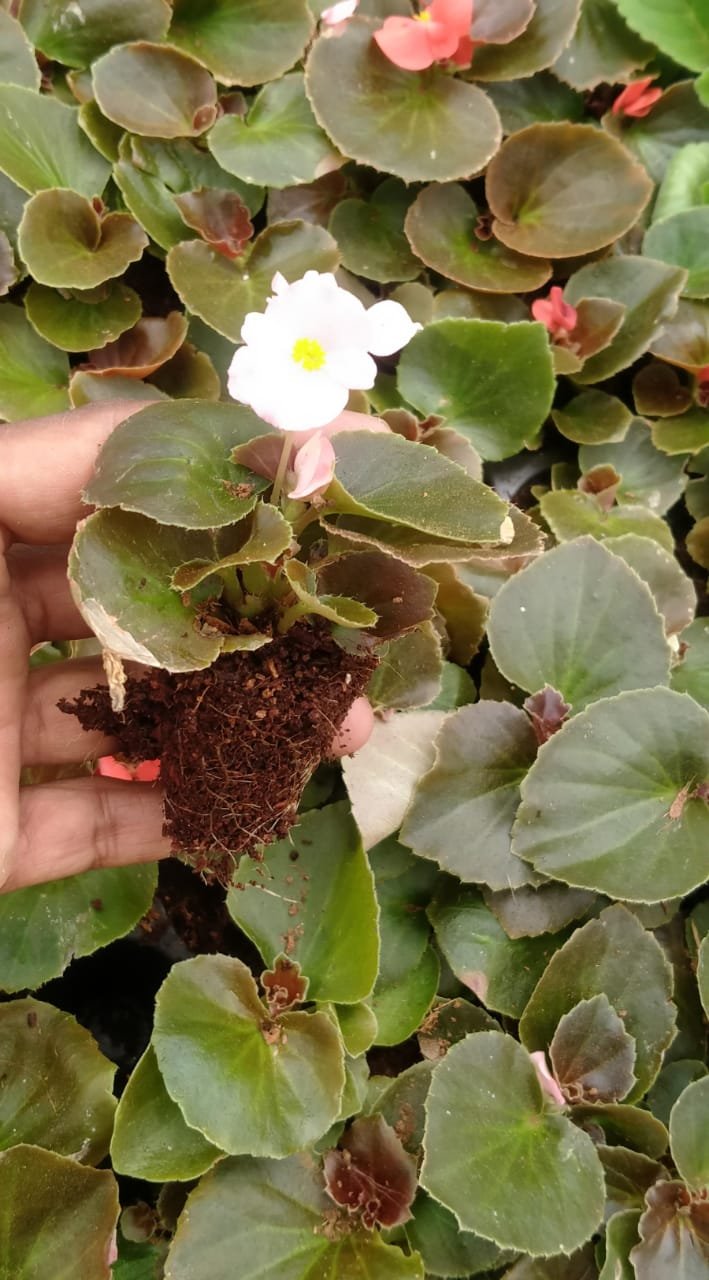
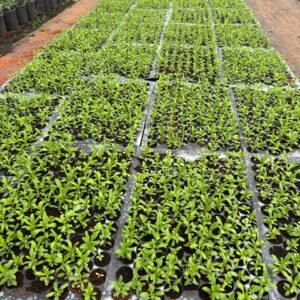
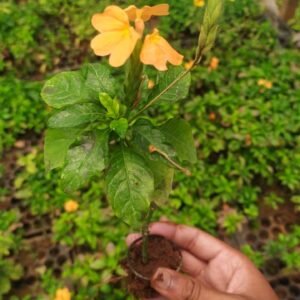
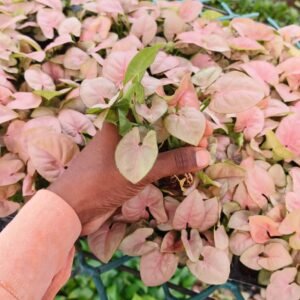
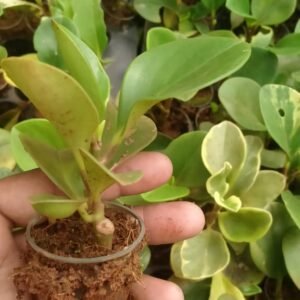
Reviews
There are no reviews yet.